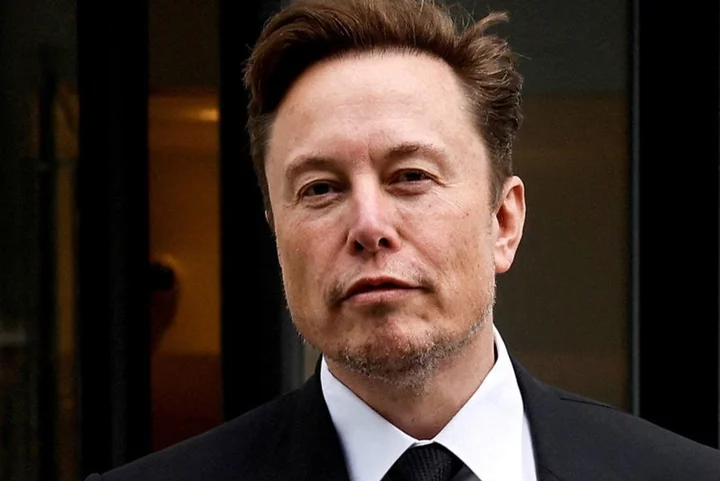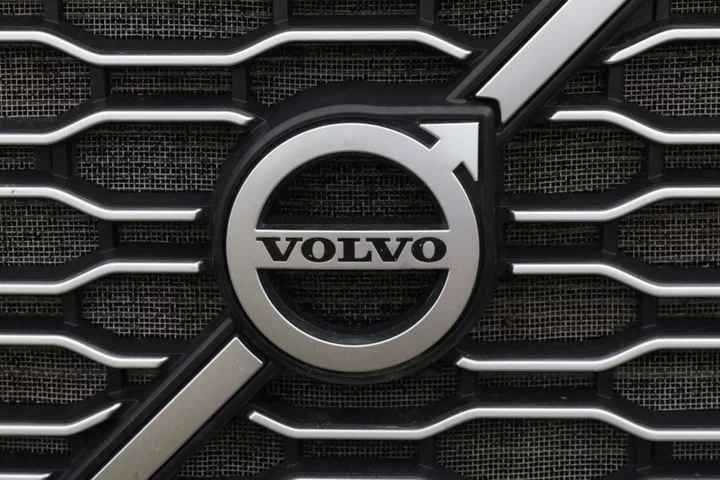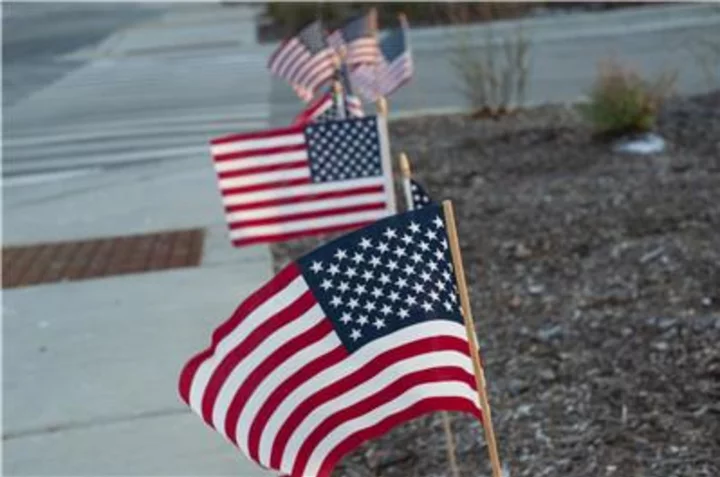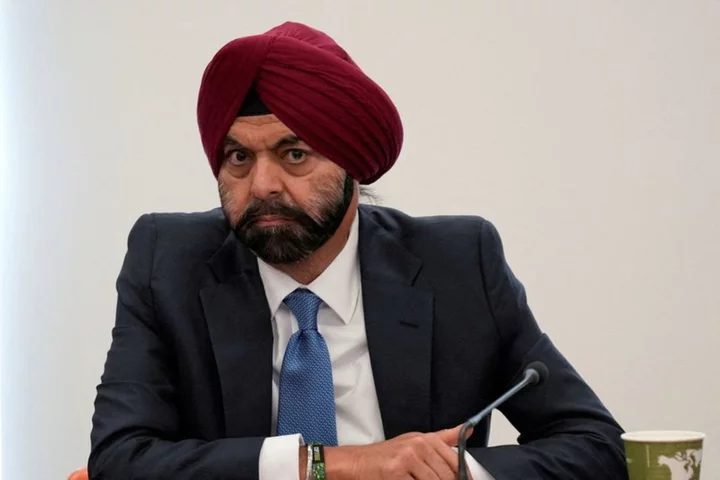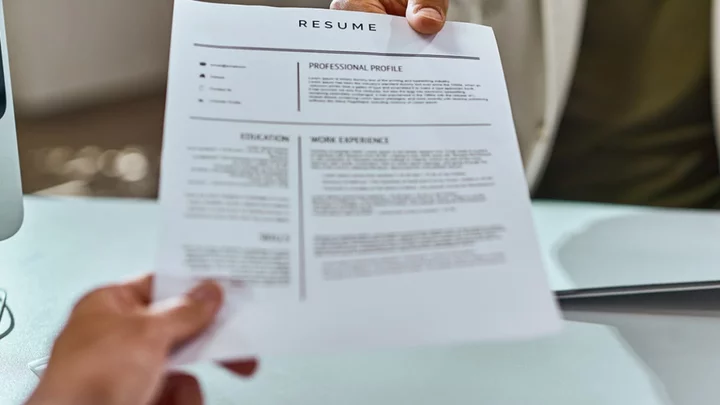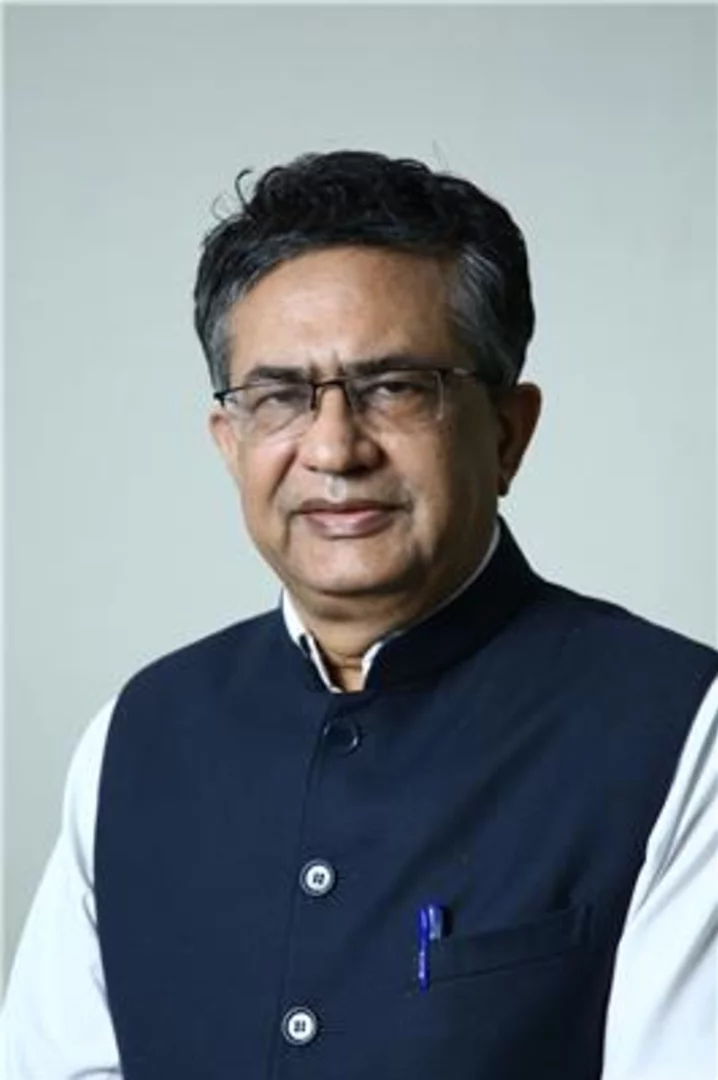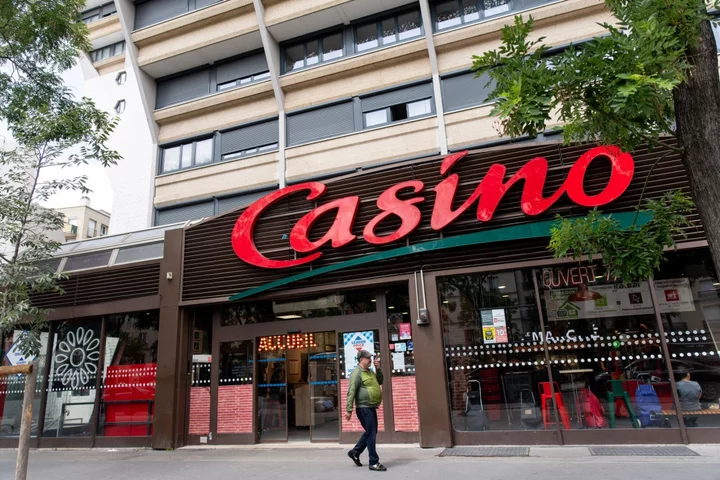By Jody Godoy
A federal appeals court on Thursday questioned Elon Musk's bid to end an agreement that he made to get a Tesla Inc lawyer's preapproval of some of his tweets, with judges pointing out that he agreed to it as part of a 2018 deal with the U.S. Securities and Exchange Commission.
Musk's attorney Ellyde Thompson told the 2nd U.S. Circuit Court of Appeals in Manhattan that while the Tesla chief executive thought the settlement would "buy peace" with the SEC, the agency's recent attempts to enforce the tweet vetting provision have discouraged him from exercising his right to free speech.
The settlement resolved a lawsuit accusing Musk of defrauding investors with a Aug. 7, 2018 tweet that he had "funding secured" to take his electric car company private, though a buyout was not close.
Musk has said the tweet was truthful, but a federal judge in San Francisco ruled it was false in a securities fraud lawsuit filed by shareholders. Musk was found not liable in February at a trial where he took the stand.
U.S. District Judges Reena Raggi and Debra Ann Livingston said during oral arguments that Musk could have foreseen the SEC seeking to enforce the agreement when he entered it.
"He agreed to this in order to avoid the penalties that the SEC could have imposed," Raggi said.
In settling, Musk agreed to let a Tesla lawyer screen tweets that might contain material information about the company.
He and Tesla each also paid $20 million in civil fines, and Musk gave up his role as Tesla chairman.
Musk is now asking the 2nd Circuit to overturn part of U.S. District Judge Lewis Liman's 2022 decision rejecting his bid to end the deal.
Liman said Musk's arguments amounted to a "bemoaning" of requirements he no longer wanted to adhere to now that "his company has become, in his estimation, all but invincible."
Musk's lawyers have called the pre-approval mandate a "government-imposed muzzle" that inhibited and chilled his lawful speech on a broad range of topics.
SEC attorney Jeffrey Berger said during the hearing on Thursday that the agency is not vetting Musk's tweets, and that the settlement was voluntary.
"There is no government censor here," he said.
The case is Musk v SEC, 2nd U.S. Circuit Court of Appeals, No. 22-1291.
(Reporting by Jody Godoy in California; Editing by David Gregorio)

